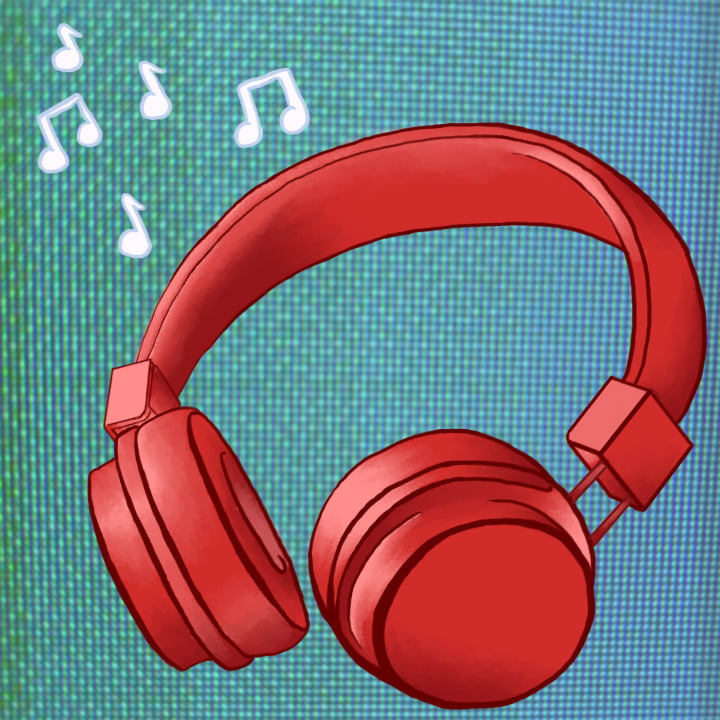By: Skyler Johnson
Learning how to play an instrument can help with the development of the human brain, according to scientist, inventor and Northwestern University professor Dr. Nina Kraus. She outlines this research in her new book, Of Sound Mind: How Our Brain Constructs a Meaningful World. I had the opportunity to interview Dr. Kraus about the book and her findings.
- Can you go over, briefly, what your newest book covers?
My book is a retrospective of what my lifetime researching sound and the brain has taught me. It covers a wide variety of topics ranging from the brain of a musician, to the link between sound and reading, to the perils of noise, to the wonder that is birdsong, to the aging brain. And much more.
- How did you get into that sort of research?
As a child, I was fortunate, from a sound perspective, in two ways. First, I was exposed to music at a young age. My mother was a pianist and my favorite place to play was under her piano, listening to her beautiful music. Second, I grew up in a household where more than one language was spoken, regularly traveling between the US and Italy, learning to navigate two different linguistic worlds. These early experiences with music and language left a deep imprint. They stuck with me as I made my way through college, looking for a way I could channel my interest in sound into a career. After a few starts, I got hooked up with a lab studying how sound acquired relevance in the brain. In other words, how the brain itself is changed by sounds it hears! And the rest is history.
- How often should people be playing music?
The benefits of playing music are many, and certainly the more you play the more it enriches your sound mind. However, my research has told me you do not have to be a professional to tune your brain. I would say you need to play (practice) regularly, though. At least a few times a week.
- What types of instruments should people be playing to gain the effects?
As far as I can tell, based on my research and others’, it does not matter. Any instrument, including voice, is a boon to your brain.
- When did you first start playing an instrument yourself?
Age 5. Piano. I also play some guitar and drums.
- Did your personal experience with playing music influence your desire to start your research?
In a way, I think it did. I did not start my career studying music. That line of work got rolling some 15 years ago. At that time, my research was examining the role of sound processing on literacy in school-age children. That got me connected with teachers and other educators and I was starting to hear the same thing over and over: “The kids that do best in school tend to be the ones who play an instrument.” And that just seemed right to me on a scientific-gut level. I can feel, on a personal level, that my music playing has been good for my brain. Soon, I made some contacts with educators who ran music programs and wanted to know whether and how playing music affected the brains of their young musicians. And, so this whole new rewarding line of research was born. Who knows? If I wasn’t a musician myself, my research would have taken some other course.






